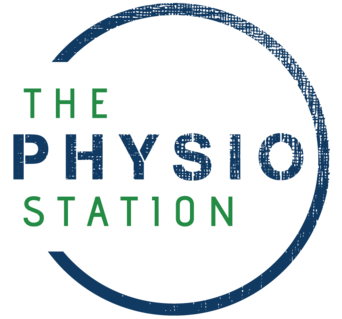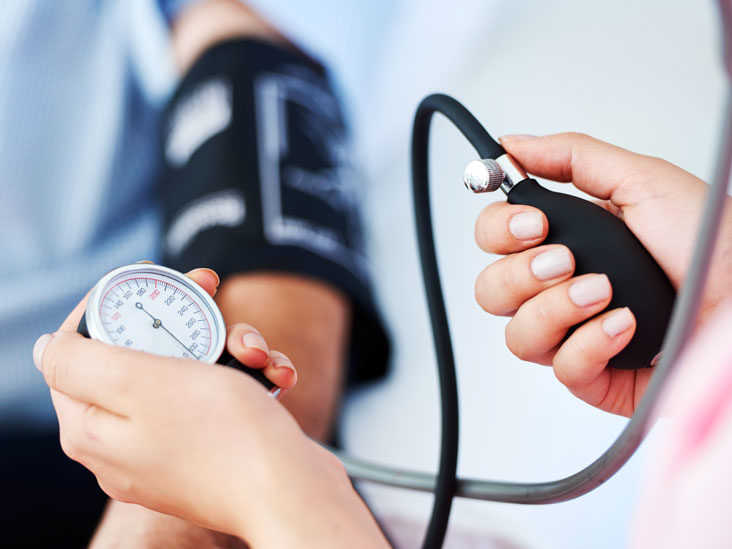What is high blood pressure and how is it caused?
High blood pressure or hypertension is a very common condition that should be addressed. High blood pressure is characterised by the sustained increase in force against our body’s arterial walls over time. It is caused by various forms of persistent stress including smoking, being overweight or obese, having a poor diet, or lack of physical activity, or even mental distress. High blood pressure is often a condition that can go on silently, thus it can be easy to ignore or develop undetected. It is important to address the condition as soon as possible as chronic high blood pressure may increase the risk of developing heart failure, stroke, dementia, kidney failure, retinopathy, neuropathy and even sexual dysfunction.
A guide to diagnosing blood pressure:
– Normal blood pressure: is equal or less than 120/80 mmHg (systolic blood pressure less than 120 and diastolic blood pressure less than 80 mmHg).
– Normal to high blood pressure: From 120/80 to 140/90 mmHg.
– High blood pressure: 140/90 mmHg or higher. Blood pressure that is 180/110 mmHg or higher, is considered very high blood pressure and your doctor should be consulted immediately.
What can you do?
If your GP has diagnosed you with hypertension, you should be eligible for a GP Treatment Plan under Medicare. This plan can include up to five sessions per calendar year with an Exercise Physiologist, who can help you restore your blood pressure naturally. The first session with the exercise physiologist is used to understand your goals, assess your current physical capacity and guide exercise prescription. The process of restoring your blood pressure through an individualised and graduated prescription of home and/or gym-based exercises will take place in the subsequent sessions.
Scientifically proven benefits of exercise are:
– Direct improvements to our circulatory system. Exercise improves the health of our blood vessels, particularly the ability to regulate the size of the arteries themselves and reduce arterial stiffness. This improves the function of the body’s natural blood pressure regulation system.
– Stronger heart. A stronger heart means the heart can pump blood more efficiently, thus reducing the total amount of force exerted against arterial walls
– Removal of bad cholesterol causing damage and stiffness to arterial walls
– Improved mood. If we have an improved mood then we are more likely to perceive the everyday challenges we go through as less stressful. Decreasing the total amount of stress our body endures over time.


